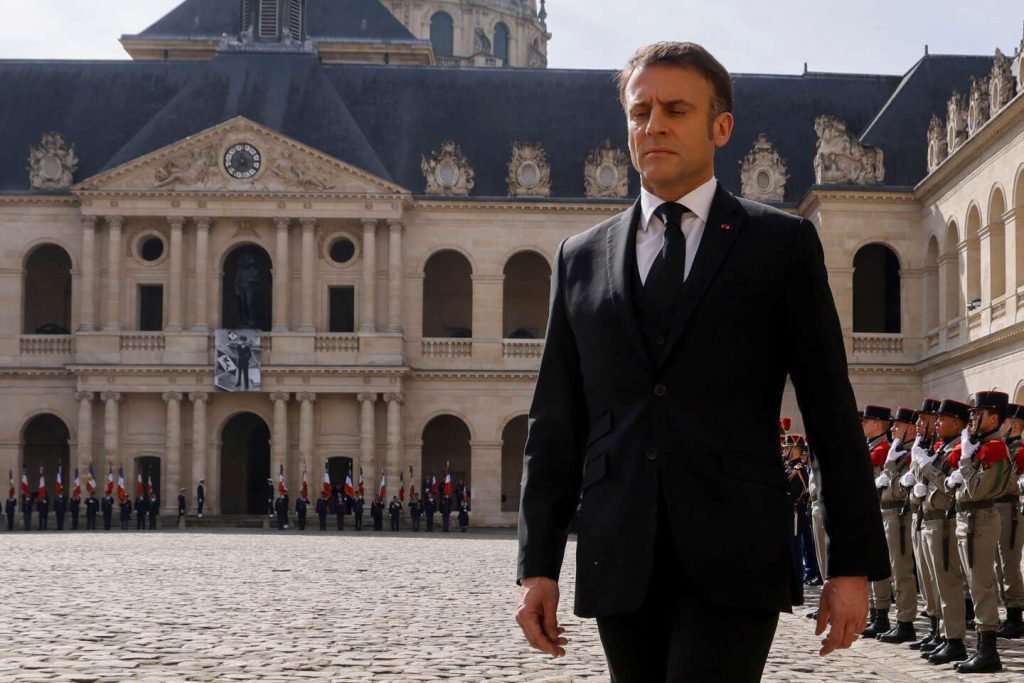Emmanuel Macron and François Hollande met at the Elysée on March 6th to discuss the situation in Ukraine, where the Kiev army is struggling after two years of conflict. However, they quickly moved on to discussing the internal struggles facing Macron’s administration, as nearly two years into his second term, he lacks an absolute majority in the National Assembly and is unable to run in the 2027 presidential election. The impotence of Macron’s government is becoming a growing concern as key legislation faces opposition, putting his leadership at risk.
The rejection of a motion against the immigration bill in December 2023 highlighted the fragility of Macron’s power. As 2027 approaches, the government led by Gabriel Attal is increasingly vulnerable to a vote of no confidence. In an attempt to minimize risks, key reforms such as those related to unemployment benefits, energy planning, and the 2024 budget adjustments will be passed by decree. However, governing under the constant threat of a vote of no confidence for three more years raises concerns about the ability to enact meaningful reforms.
While the government may secure a majority on less divisive issues such as agricultural policy or housing, the budget discussions in the fall are expected to be challenging. Former Prime Minister Edouard Philippe noted the lack of progress on reforms, suggesting a sense of stagnation within Macron’s administration. The specter of being unable to fulfill his second term objectives is a significant source of anxiety for Macron, as he seeks solutions to break the stalemate and advance his agenda.
In a bid to navigate the political challenges, Macron sought advice from Hollande on the possibility of a cross-party government alliance. However, Hollande pointed out that the left would only support such a government if it pursued leftist policies, which was not the current direction of Macron’s government. Hollande suggested that Macron’s future lies in aligning with the conservative Les Républicains party. Macron has struggled to come to terms with this fate, having already made unsuccessful attempts to collaborate with the Republicans in the past, and facing opposition from within LR.
Macron’s reluctance to fully embrace an alliance with Les Républicains reflects his desire to maintain a centrist approach to governance. However, as the challenges of a minority government become increasingly evident, the prospect of aligning with the center-right party becomes more appealing. The political landscape in France is shifting, and Macron may find himself having to make difficult decisions to secure the stability and success of his administration in the face of mounting challenges from opposition parties and internal dissent. Ultimately, Macron must reconcile his political beliefs with the necessity of forging alliances to ensure the continued functioning of his government.


